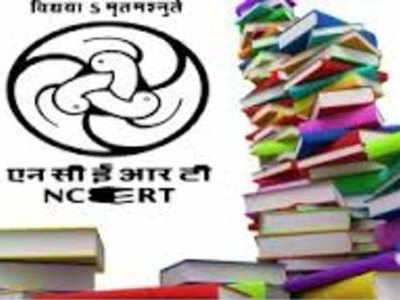– Radiance News Bureau
The recent revisions made by the NCERT to its Class 11 and 12 textbooks, which notably omit references to sensitive events like the Babri Masjid demolition and the Gujarat riots, have sparked concern among members of the Muslim community. These alterations, while stated to align with current political developments and legal judgments, have raised questions about their potential impact on historical narratives and the understanding of minority communities.
The removal of references to the Babri Masjid demolition in Ayodhya, an event deeply significant to Muslims in India, as well as the Gujarat riots where many Muslims lost their lives, has drawn attention to the way in which history is portrayed in educational materials. Additionally, the adjustments related to Manipur and India’s stance on Jammu and Kashmir highlight broader geopolitical complexities that are now being reexamined in classroom content.
While the NCERT justifies these modifications as necessary to reflect recent changes in the socio-political landscape, concerns remain about the potential consequences for students’ understanding of these critical historical events. Members of the Muslim minority community particularly fear that the revisions may undermine the significance of these incidents and erode their representation within educational contexts.
As the updated editions of these textbooks are expected to be released soon, educators and stakeholders are closely scrutinizing the implications of these revisions on the broader educational curriculum. The discourse surrounding these changes underscores the importance of preserving nuanced historical narratives and ensuring that educational institutions foster inclusive and comprehensive understandings of India’s complex socio-political history.




